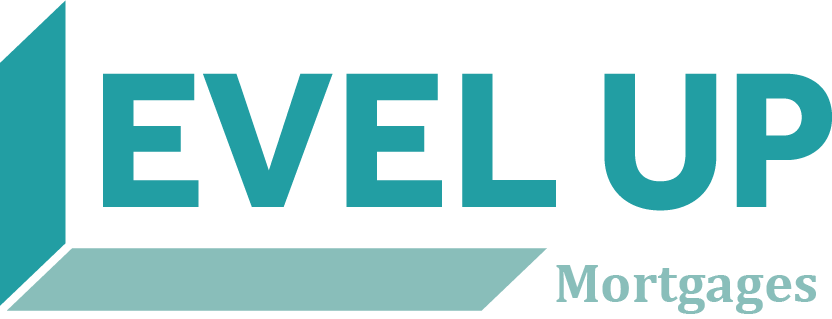The Benefits of Private Lending: A Comprehensive Overview
Private lending offers a unique opportunity for investors to achieve attractive returns by acting as lenders, typically secured against real estate. This investment avenue differs from traditional options like GICs or mutual funds, providing more control over individual deals. Let’s explore the key benefits of private lending, the potential risks, and how to get started in this space.
What is Private Lending?
Private lending involves providing loans secured by real estate, allowing investors to serve as lenders in real estate transactions. These loans are typically used for short-term financing needs, such as home renovations or business cash flow. Unlike stocks or mutual funds, where returns fluctuate with the market, private lending offers a predictable, fixed return—often ranging from 11% to 13%, depending on the risk level of the deal.
Key Benefits of Private Mortgage Investing
Guaranteed Returns: One of the primary advantages is the fixed return investors can expect. Each loan agreement comes with clear terms on interest rates, often around 11-13%, which provides a guaranteed source of income.
Secured by Real Estate: These loans are backed by tangible assets—real estate. This security makes private lending a more stable option compared to other investments that lack collateral.
Control Over Investments: Investors have the freedom to choose which deals they participate in based on their comfort level with risk. Some deals are low-risk, offering lower returns, while others, with higher risk, can provide even greater potential profits.
Flexibility in Deal Structure: Private lending allows flexibility in structuring deals, whether for a short-term loan or a longer-term arrangement. The risk and reward ratio is customizable based on the deal and the investor's risk appetite.
Potential Risks of Private Lending
While private lending offers many benefits, it's important to understand the associated risks. The primary risk is default, where the borrower is unable to meet payment obligations. This can trigger a foreclosure process, where the lender seeks to recoup their funds by selling the secured property. However, foreclosures can take time, often six months to a year, during which the lender’s capital is tied up.
Additionally, there is a risk that the property may sell for less than expected, particularly if the borrower neglected maintenance or allowed significant property damage. In cases like this, the lender might not fully recover their investment, especially if they are in a second-lien position behind another lender.
How to Mitigate Risks
To reduce the risk of loss, lenders should thoroughly assess each deal, ensuring the property has sufficient equity to cover the loan. Factors such as the location, market conditions, and the borrower's financial stability play a crucial role. For example, lending up to 90% of a property’s value in a volatile market might not be advisable, whereas a lower loan-to-value ratio provides more security.
Another safeguard is personal guarantees, which hold the borrower personally responsible for the loan. In the event of a default, personal assets, in addition to the real estate, can be pursued to recover losses.
Getting Started with Private Lending
For those interested in exploring private lending, the process is relatively straightforward. Typically, a minimum investment of $50,000 is required to get started. Investors are then presented with potential deals, often via mailing lists, which outline the property, loan terms, and risk profile. After reviewing the details, investors can choose which deals to participate in based on their comfort level with the risk and expected return.
Conclusion
Private lending offers investors a way to diversify their portfolios while achieving higher-than-average returns. With the ability to assess and select individual deals, it provides more control and transparency than traditional investments. However, it's essential to carefully evaluate each opportunity and understand the risks involved, particularly regarding borrower default and the foreclosure process. By taking these precautions, private lending can be a rewarding and profitable investment strategy.
BOTTOM LINE
By equipping yourself with a thorough understanding of private lending and leveraging the flexibility and control it offers, investors can successfully navigate the world of real estate financing and secure profitable opportunities. Understanding the risks and benefits of private mortgage lending, along with carefully evaluating each deal, will pave the way for a prosperous and rewarding investment journey in the real estate market.
Level Up Mortgages is a mortgage broker team focused on helping the self employed, new immigrants, non-residents, and investors, access best rate and alternative lending in Canada. We have been nominated for best up and coming broker in Canada in 2021 and have been on CTV News and various publications because of our education-first approach to helping you always stay a step ahead of the process. Reach out to us for access to our first-time buyer course or a mortgage strategy session.
See What You Qualify For Or Contact Paul To Get Your Pre-Approval.
Paul Davidescu (www.levelupmortgages.com)
Level Up Mortgages
604-809-3188
paul(at)levelupmortgages.com
See Our Google Reviews in BC & Ontario: bit.ly/GoogleReviewLUM ⭐️⭐️⭐️⭐️⭐️

